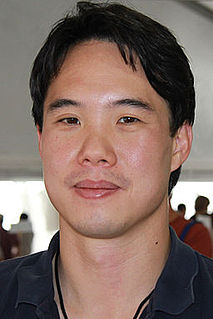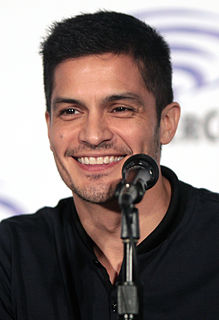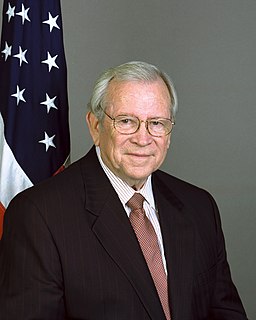A Quote by Christen Press
I have learned that there's a little bit of a danger in stressing ourselves out and living in the future - worry affects how we are today.
Related Quotes
When we understand that we are a human race, what affects you affects me, what affects her affects you and so on and so on, then we'll look at this thing [HIV/AIDS] for what it really is. It's a disease that's out to kill all of us. What will make it continue is our prejudices, our ideas about it, and the fact that we don't look at ourselves as one giant community.
When it is my editor telling me how to rewrite a story, I listen and do what she asks because I have learned that I get a better book in the end. I can't say I'm happy when I read that editorial letter. It is always a little painful and scary. But I have learned that - bit by bit - I can make the changes and do the work.
We are living in a world of fear. The life of man today is corroded and made bitter by fear. Fear of the future, fear of the hydrogen bomb, fear of ideologies. Perhaps this fear is a greater danger than the danger itself, because it is fear which drives men to act foolishly, to act thoughtlessly, to act dangerously...
The future is not in our hands. We have no power over it. We can act only today. We have a sentence in our Constitution that says: 'We will allow the good God to make plans for the future - for yesterday has gone, tomorrow has not yet come and we have only today to make Him known, loved and served.' So we do not worry about the future.
When I was a little bitty kid, my aunt showed me how to play a little boogie. It took me years. I had to play the left-hand part with two hands, because my hands was so little. Then as I grew up and I learned how to play the left-hand part with one hand, she showed me how to play the right-hand part, and et cetera. My Uncle Joe showed me how to play a little bit different boogie stuff. I had people in my family that was professional musicians, but I just wasn't interested in what they did. I wasn't very open-minded to a lot of music that I'd be more open to today.





































